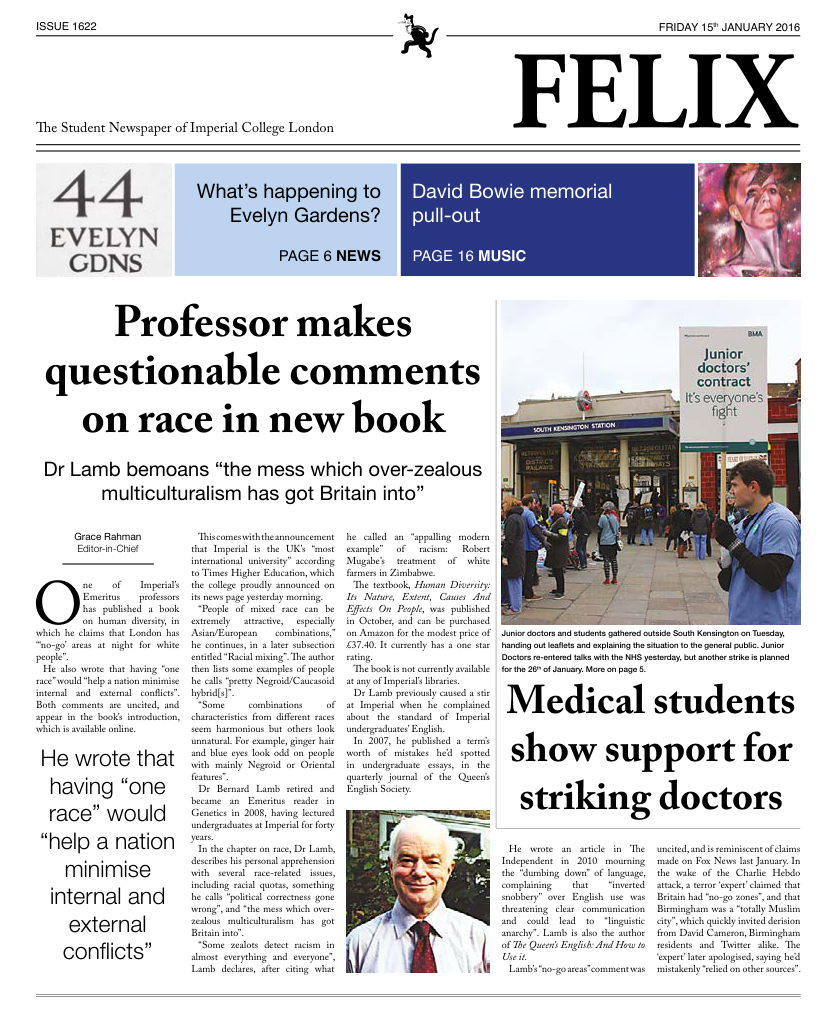Tube drivers to strike in two weeks
London Underground drivers are set to strike this month, and twice in February, after a union ballot on Monday
All tube services will be suspended on January 26th, February 15th and February 17th from 9:14pm for a full 24 hours, it emerged this week. The industrial action comes after months of negotiations over the 24-hour tube service that Mayor Boris Johnson aimed to introduce back in September, and follows two previous one day strikes in July and August of last year.
ASLEF, one of the unions behind the strike, say that they have had no talks since November 10th with Transport for London and due to the breakdown in negotiations that their “only option is to take industrial action”.
They also released a statement saying “we want to see an all-night service introduced, and we are not opposed to the recruitment of part time staff but we will not accept a zero-hours culture being introduced and working conditions undermined”.
Transport for London, TfL, responded with their own accusations, blaming the unions as the cause of the collapse in communication saying “these latest threats to London show that the ASLEF leadership is trying everything to stop the Night Tube”.
TfL also said that their contracts were “extremely fair” and that “as a result of hiring new drivers, who will be on permanent, part-time contracts with the same rates of pay and the same benefits as existing drivers, we’ve made absolute guarantees that no current driver will have to work the Night Tube unless they want to” adding “this total protection of work-life balance is precisely what ASLEF leaders asked for”.
Accusations that the union had wildly unreasonable demands were also brought forth by TfL: “The truth is that they are making excessive demands for more money, fewer hours and a four day week and expect fare and tax payers to pick up the bill”.
Tube drivers currently enjoy a starting salary of £49,673 once qualified, which can rise upwards to £50-60,000 within five years, coupled with 36 hour working weeks and a holiday package of 43 days a year.
The strikes are likely to affect the commuting times of many Imperial students and staff, with other forms of public transport due to be overwhelmed on the strike days. TfL added over 200 buses on the busiest routes for the last strike and are expected to do the same this time around, but commuters coming from further afield such as from the new student accommodation in North Acton, Woodward, are likely to face travel times approaching 90 minutes, almost double the current norm.






